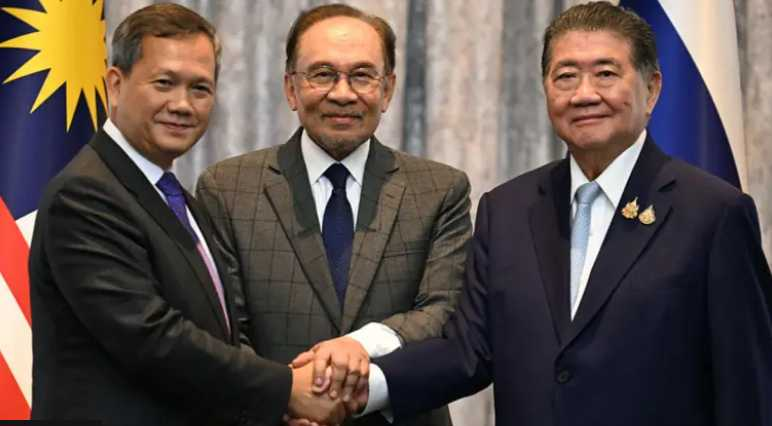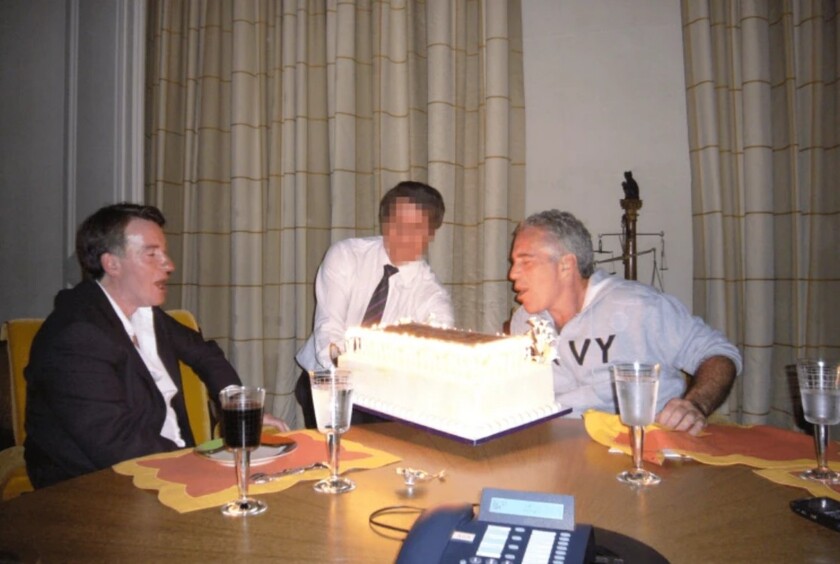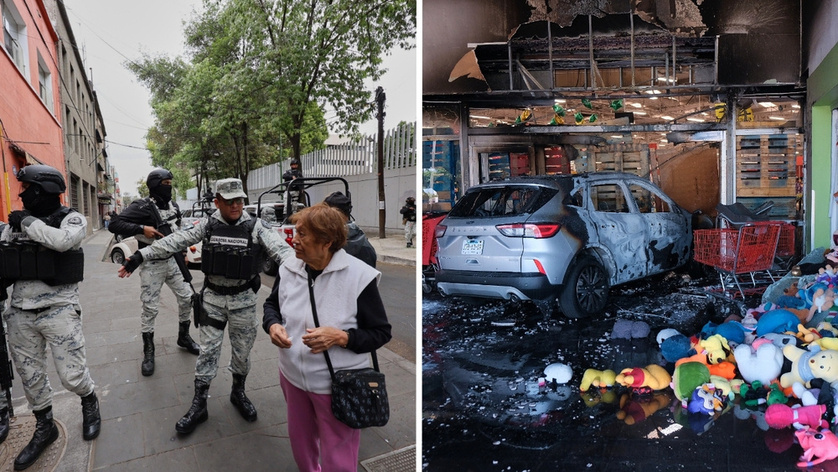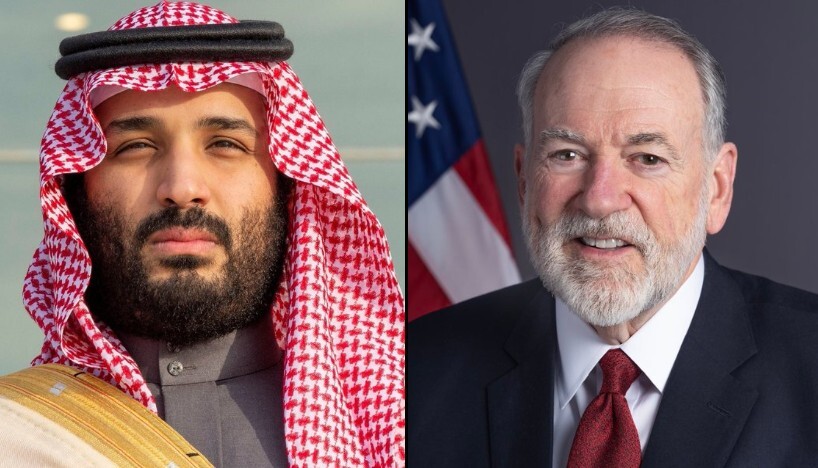Thailand and Cambodia have agreed to an "immediate and unconditional ceasefire" following peace talks mediated by Malaysian Prime Minister Anwar Ibrahim, with U.S. President Donald Trump playing a key role in pressuring both nations to end hostilities.
Shells and rockets continued to land in both countries even as the peace talks were underway. It will take some time to cool the emotions on both sides of the border stirred up by the destruction and loss of life over the past five days.
Secretary of State Marco Rubio confirmed U.S. involvement in the ceasefire talks held in Kuala Lumpur.
The ceasefire, which takes effect at midnight on July 28, comes after five days of intense border fighting that killed at least 33 people and displaced thousands. Trump had threatened to suspend trade talks with both countries unless they reached a ceasefire, which ultimately led to the agreement
Anwar Ibrahim, who mediated the talks between Cambodian Prime Minister Hun Manet and Thai Acting Prime Minister Phumtham Wechayachai, said the ceasefire would take effect from midnight local time, adding: "This is a vital first step to a de-escalation and a restoration of peace and security."
The agreement includes a commitment to resume direct communication between the two countries' leaders and to establish a mechanism for implementing and verifying the ceasefire. Military commanders from both countries will hold an "informal meeting" at 07:00 on Tuesday. This will be followed by a meeting of defense attaches, led by the chairman of Association of South East Asian Nation(ASEAN) on 4 August.
The defense and foreign ministers of Malaysia, Cambodia and Thailand have also been asked to set up a "detailed mechanism" for the "implementation, verification and reporting of the ceasefire", according to a press release published after this afternoon's talks.
Hun Manet described it as "a very good meeting" that he hoped would "immediately" stop the fighting. Cambodia has been pushing for a ceasefire since Friday, as its outgunned forces have been driven back by the Thai military. There have been 300,000 people displaced on both sides of the conflict, he notes.
The Cambodian leader thanked Anwar, US President Donald Trump and the Chinese government for their involvement in the mediation.
He also thanked his Thai counterpart Wechayachai for his "constructive" engagement in the talks.
Wechayachai seemed less thrilled by the outcome, but promised to honor the ceasefire.
The ceasefire talks were held after US President Donald Trump asked both nations to agree to a ceasefire as a pre-condition to their respective trade talks with Washington.
The U.S. President threatened to suspend trade talks with Thailand and Cambodia unless they agreed to a ceasefire. He said that he had called both leaders and made it clear that trade deals would not proceed until the fighting stopped.
Trade talks are a no-go "until such time as the fighting STOPS", Trump wrote on Truth Social on Saturday. Then on Sunday, he again took to social media, saying: "I called the prime ministers of each and said, 'we're not going to make a trade deal unless you settle a war'. A lot people killed."
"I think by the time I got off, I think they wanted to settle," he added
On Monday, President Trump announced on Truth Social that Thailand and Cambodia had agreed to a ceasefire after his involvement, stating, “after the involvement of President Donald J. Trump, both countries have reached a ceasefire and peace.” He also mentioned that he had spoken with the acting Prime Minister of Thailand and the Prime Minister of Cambodia, crediting the outcome with saving “thousands of lives.”
Trump added that his trade team would restart negotiations with both countries, and he expressed pride in being the “President of peace.”















